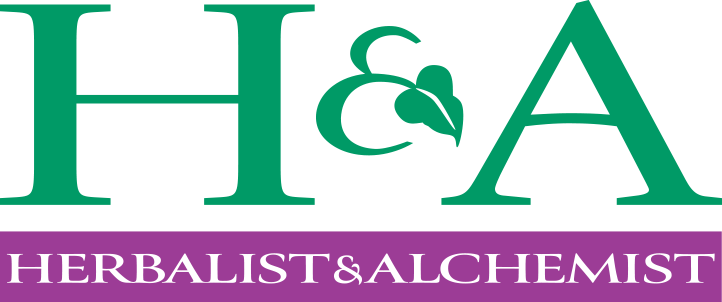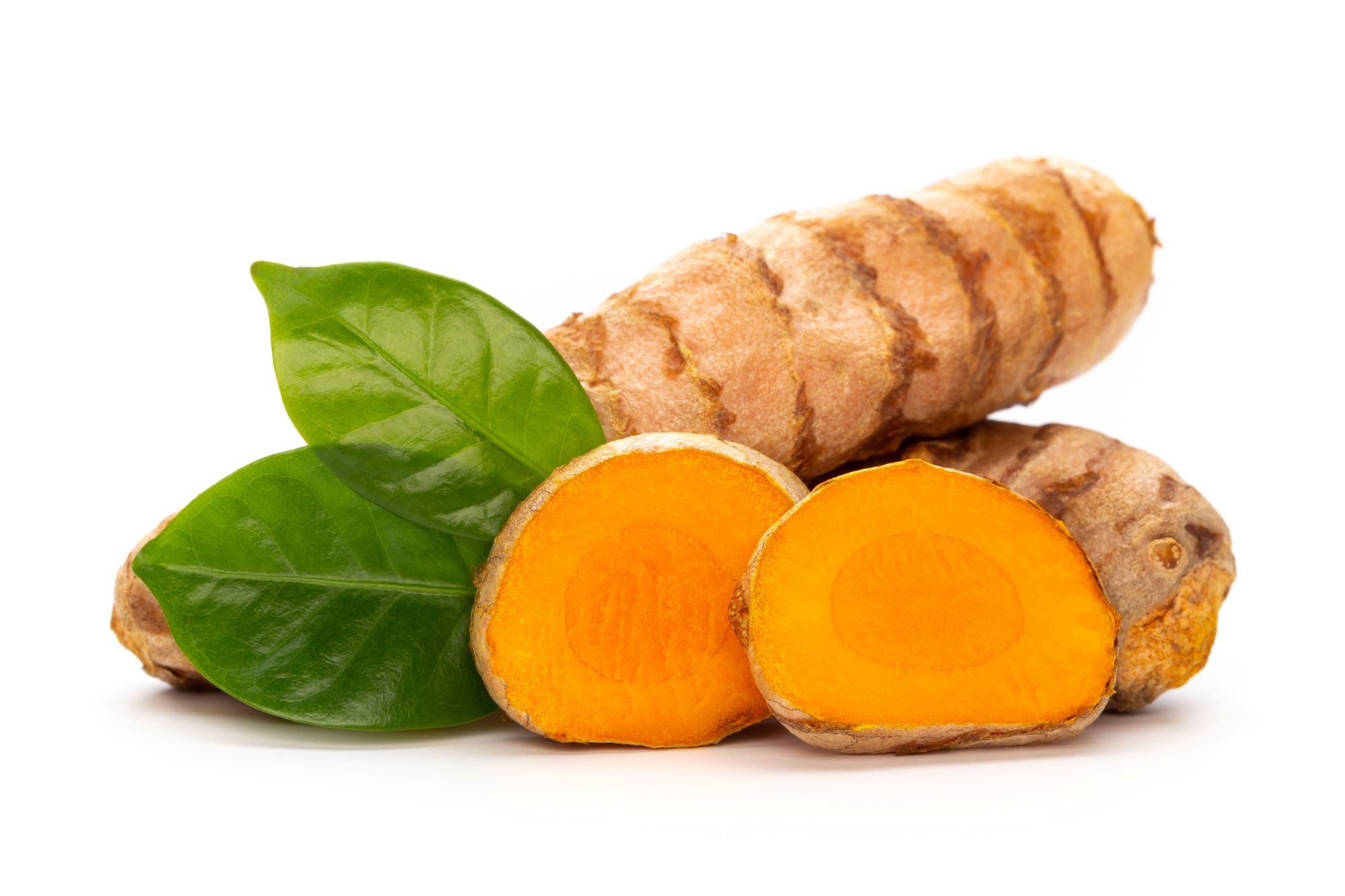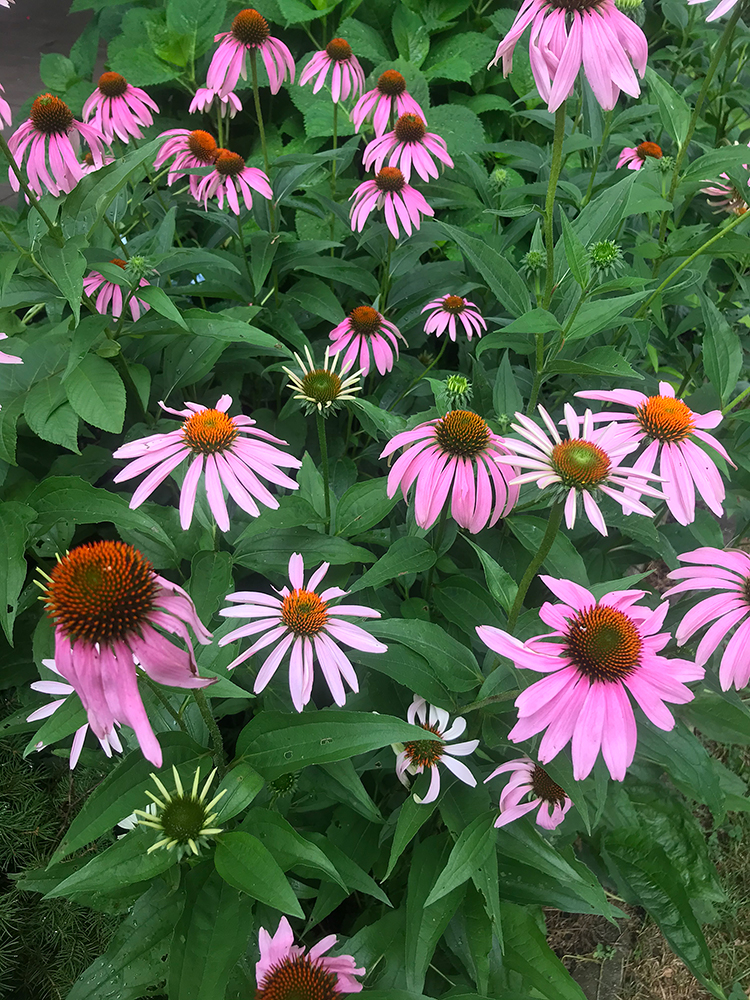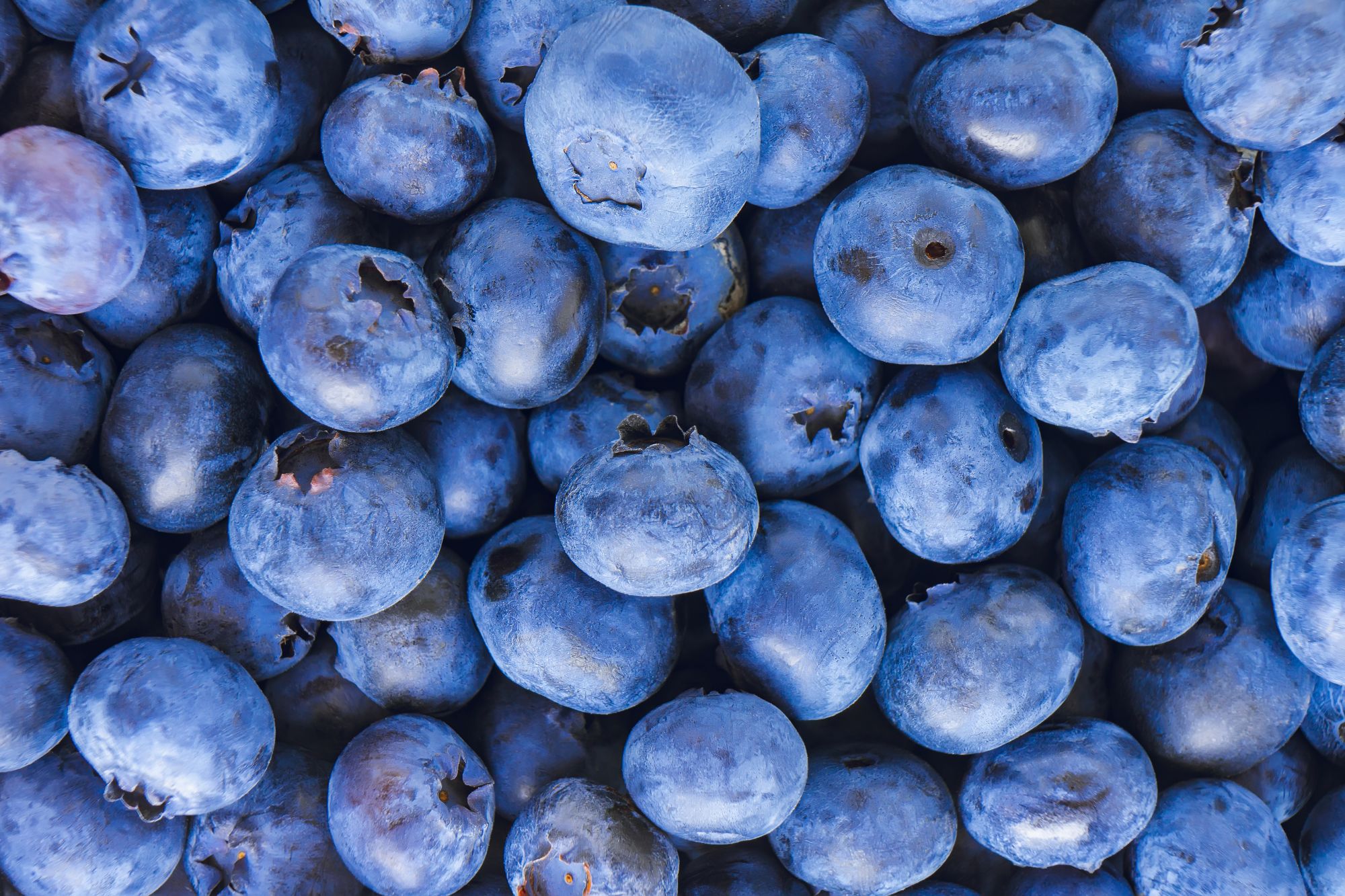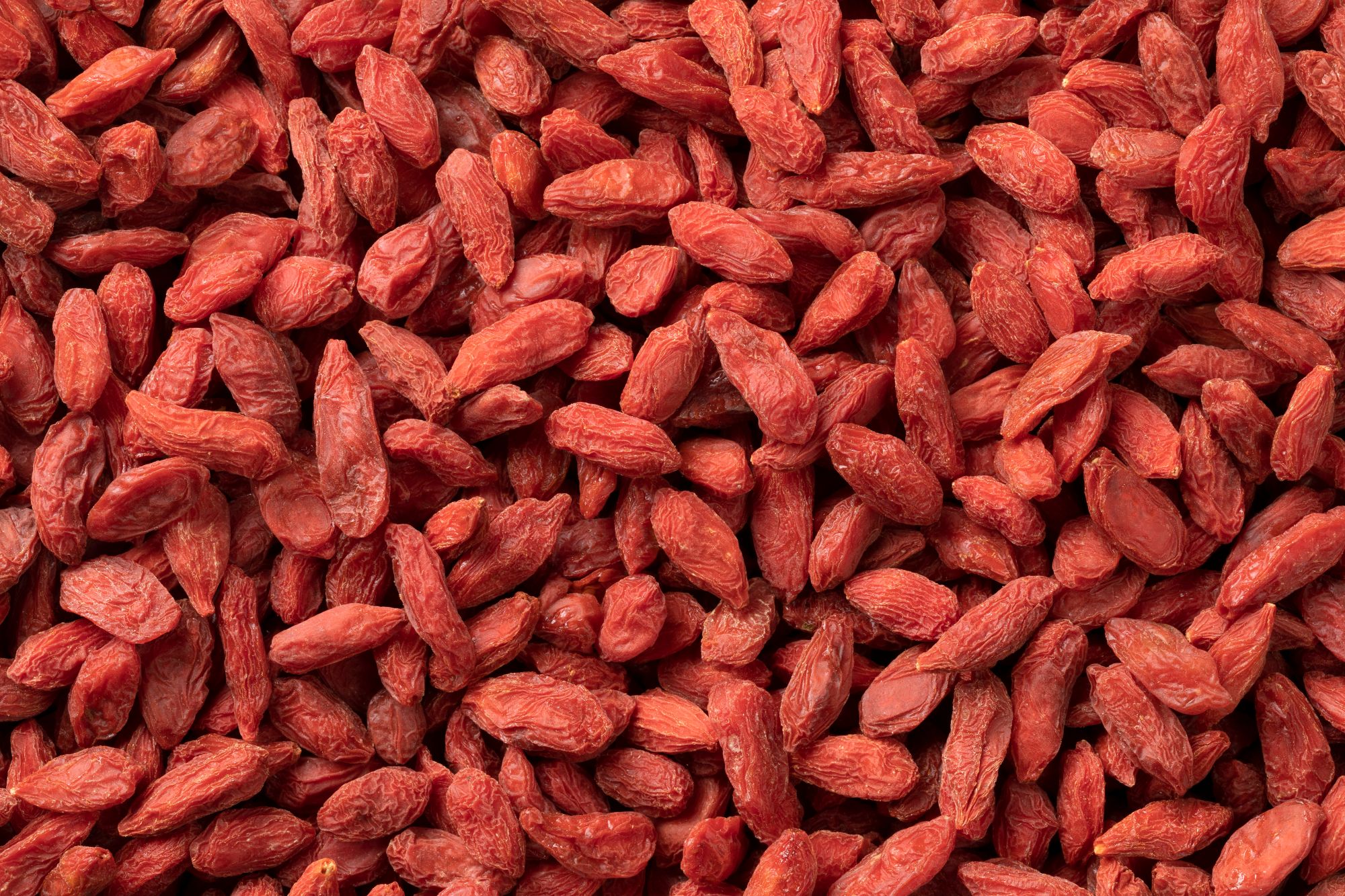As we move out of the Winter season, herb use often shifts from overall immune system support to promoting a healthy immune system response function.
I developed the immune reservoir concept based on the TCM idea of the body’s ability to mount an appropiate immune system response. While there is not an actual “immune reservoir,” the bone marrow, gut, immune system and intestinal microbiome correlate most closely as an anatomical “immune reservoir.” Nourishing immune herbs such as Reishi, Astragalus, Maitake, Cordyceps, Turkey Tail, Codonopsis, Chaga, and Licorice are useful for supporting healthy overall immune system response function.
Consumers are using immune reservoir strengthening mushrooms and nourishing herbal tonics as well as a wider range of more direct immune response function herbs for seasonal support or longer-term support. Strengthening the immune system with immune amphoterics is useful. I also suggest immunoregulatory herbs that help support a healthy balance between Th 1 and 2 lymphocytes.
Immune amphoterics nourish the immune system, promoting immune competence and balance. They enhance the body’s immune response function, and they help promote immune system homeostasis. They have the ability to help balance the immune system, making them effective in seasonal immune support. Immune amphoterics include American and Asian Ginseng, Ashwagandha, Astragalus, Cat’s Claw, Cordyceps, Holy Basil, Licorice, Maitake, Reishi, and Schisandra berry.
Immunoregulatory herbs also balance the normal responses of prostaglandins, interleukins, ROS (reactive oxygen species), RNS (reactive nitrogen species). Immuno-regulatory herbs include Amla, Boswellia, Cinnamon, Dan Shen (Salvia miltiorrhiza), Gotu Kola, Baikal Scullcap, Sarsaparilla, Turmeric, and Unprocessed Rehmannia.
